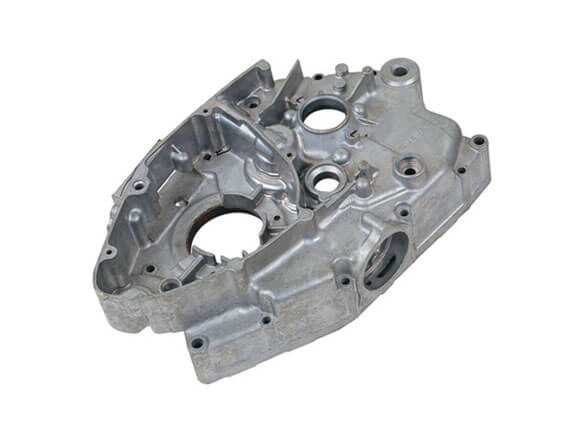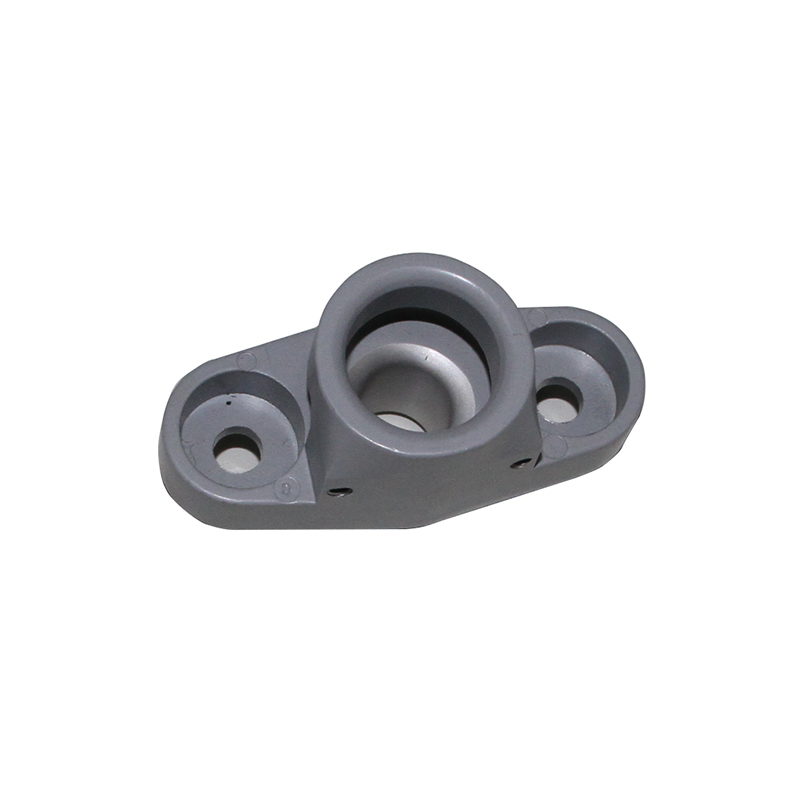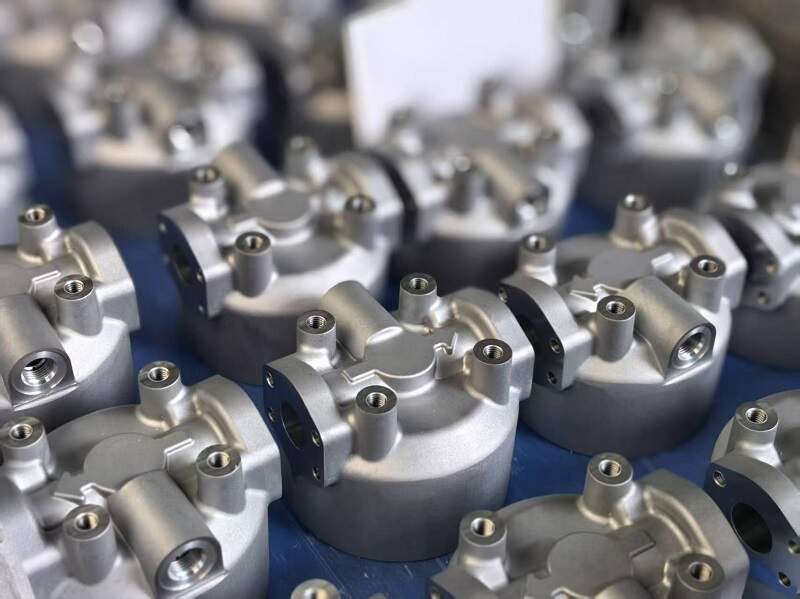The engineering behind Precision aluminum casting for industrial applications
The Role of Aluminum Foundries ahead of time Lightweight Production Solutions
Aluminum shops greatly add to the advancement of lightweight manufacturing services. Their ingenious casting innovations produce high-strength, light-weight parts crucial for markets such as vehicle and aerospace. This advancement not only boosts item efficiency yet also advertises sustainability with using recycled products. As these shops adapt to emerging modern technologies and methods, they lead the way for future developments in producing effectiveness and ecological obligation. What lies in advance in this transformative trip?
The Benefits of Lightweight Products in Production
As markets increasingly seek efficiency and sustainability, the fostering of lightweight materials in production has become a crucial technique - Aluminum Foundry. These materials, especially aluminum and compounds, use various benefits that enhance manufacturing processes and product performance. Largely, their decreased weight adds to lower power intake during transport and procedure, leading to substantial price savings
Light-weight products help with the layout of more complex geometries, allowing for greater advancement in item growth. This adaptability often leads to improved capability and performance, dealing with the developing demands of modern-day customers.
Furthermore, the use of light-weight products can improve the long life of products due to their resistance to rust and tiredness. This durability not only minimizes maintenance costs yet also supports sustainability initiatives, as longer-lasting products add to less waste. To summarize, the benefits of light-weight products are pivotal in driving performance, technology, and ecological obligation in production.
Advancements in Light Weight Aluminum Spreading Technologies
Recent improvements in aluminum casting modern technologies are revolutionizing the production landscape, specifically in the production of light-weight components. Technologies such as high-pressure die spreading and vacuum die casting have actually significantly enhanced the accuracy and surface area coating of aluminum parts - Aluminum Casting Company. These methods enable for the development of complicated geometries while reducing material waste and boosting mechanical residential or commercial properties

In addition, the execution of real-time monitoring systems guarantees quality control throughout the casting procedure, causing more consistent item results. Collectively, these innovations not just enhance the efficiency of aluminum elements however also sustain the sector's change towards even more sustainable production techniques.
Applications of Light Weight Aluminum Parts in Different Industries
While light weight aluminum parts have actually long been utilized in numerous markets, their adaptability and lightweight buildings remain to drive innovative applications throughout fields such as automotive, aerospace, and building. In the automotive industry, aluminum is increasingly utilized for engine blocks, wheels, and body panels, improving fuel performance and performance. Aerospace manufacturers leverage light weight aluminum for airplane frameworks and elements, utilizing on its strength-to-weight ratio to enhance fuel economic situation and payload ability.
In the building and construction industry, light weight aluminum is preferred for window frames, roof covering, and architectural aspects, offering longevity and resistance to deterioration while reducing overall building weight. In addition, the electric and electronics industries profit from aluminum's conductivity and light-weight nature, utilizing it in circuitry, enclosures, and warmth sinks. These diverse applications highlight the critical duty of aluminum components, which not just satisfy industry demands but also add to improvements in item style and capability across numerous areas.
Sustainability and Energy Effectiveness in Light Weight Aluminum Foundries
The light weight aluminum foundry market plays an important duty in promoting sustainability and energy performance, specifically as demand for lightweight components continues to grow throughout different industries. Foundries are increasingly taking on eco-friendly techniques, such as making use of recycled aluminum, which substantially lowers energy usage and greenhouse gas exhausts contrasted to primary aluminum production.
Advancements in casting modern technologies boost power performance by maximizing the melting processes and minimizing waste. Strategies like die casting and financial investment spreading enable exact product usage, lessening excess and scrap.
In addition, many foundries are buying renewable resource resources to power operations, further reducing their carbon footprint. Implementing power monitoring systems allows foundries to enhance and check energy usage, ensuring they operate at peak performance.

Future Trends in Lightweight Manufacturing Solutions
How will emerging technologies shape the future of lightweight manufacturing remedies? Innovations such as innovative products, automation, and additive production are readied to redefine manufacturing processes. The integration of clever manufacturing technologies, consisting of the Net of Points (IoT) and expert system (AI), will certainly make it possible for real-time tracking and optimization, improving effectiveness and lowering waste.

As sustainability remains to be a critical problem, lightweight solutions will progressively focus on reusing and recycling products, aligning with round economic situation principles. This evolution in lightweight production will not just boost product performance yet likewise add to ecological objectives, ensuring that the sector continues to be competitive in a rapidly altering market landscape.
Frequently Asked Concerns
Exactly How Do Aluminum Foundries Make Certain Top Quality Control in Production?
Aluminum shops guarantee quality control in manufacturing with strenuous screening, standard treatments, and continual surveillance - Precision aluminum casting. They apply competent personnel and innovative modern technologies to preserve uniformity, minimize defects, and fulfill sector criteria throughout the production process
What Are the Main Challenges Encountered by Aluminum Foundries?
Aluminum factories deal with difficulties such as varying basic material expenses, maintaining production efficiency, ensuring constant high quality, read the full info here adjusting to technological innovations, and meeting environmental laws, all of which impact their total operational effectiveness and competitiveness out there.
Just How Does Light Weight Aluminum Recycling Influence Factory Procedures?
Light weight aluminum recycling significantly enhances factory operations by decreasing basic material expenses, decreasing energy consumption, and decreasing ecological impact. This sustainable technique allows shops to enhance performance while satisfying raising demand for light-weight, high-performance light weight aluminum products.
What Skills Are Required for Workers in Aluminum Foundries?
Workers in light weight aluminum factories require abilities in metallurgy, machining, quality control, and safety methods. Proficiency in operating equipment, recognizing alloy properties, and problem-solving are likewise essential for effective manufacturing and keeping high security requirements.
How Do Aluminum Foundries Handle Waste Administration?
Light weight aluminum factories handle waste via recycling scrap steel, using effective waste partition techniques, and sticking to ecological laws. They implement sustainable methods to decrease landfill contributions, guaranteeing that harmful materials are thrown away properly.
Aluminum check here shops substantially contribute to the development of lightweight manufacturing options. Current advancements in light weight aluminum casting innovations are reinventing the production landscape, particularly in the production of light-weight elements. While aluminum parts have long been used in various markets, their adaptability and lightweight properties continue to drive ingenious applications across sectors such as automotive, aerospace, and building. In addition, the electrical and electronics markets profit from aluminum's conductivity and lightweight nature, utilizing it in circuitry, enclosures, and warm sinks. The light weight aluminum foundry industry plays a critical role in promoting sustainability and power performance, specifically as need for light-weight elements continues to expand across various industries.